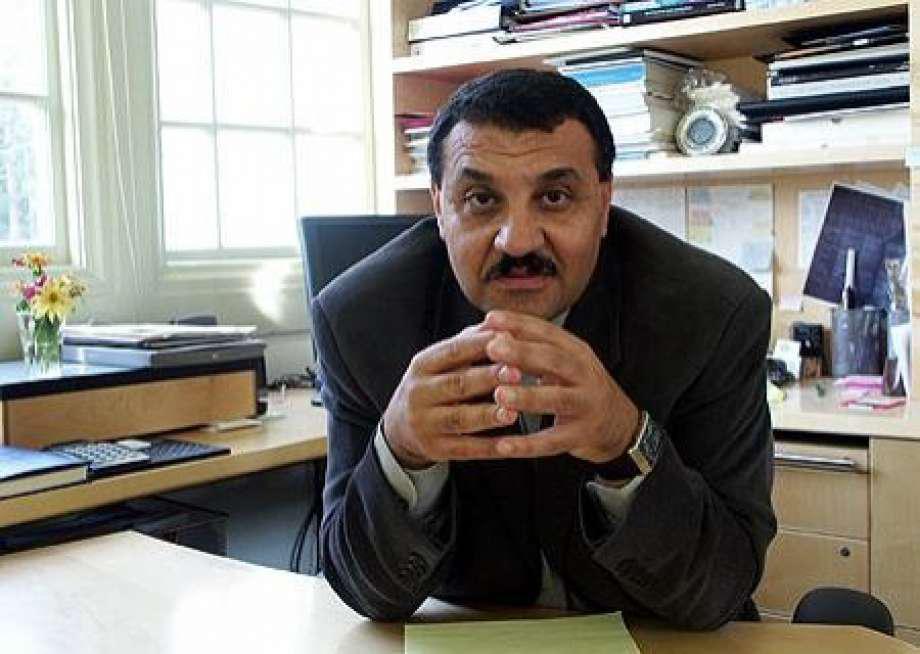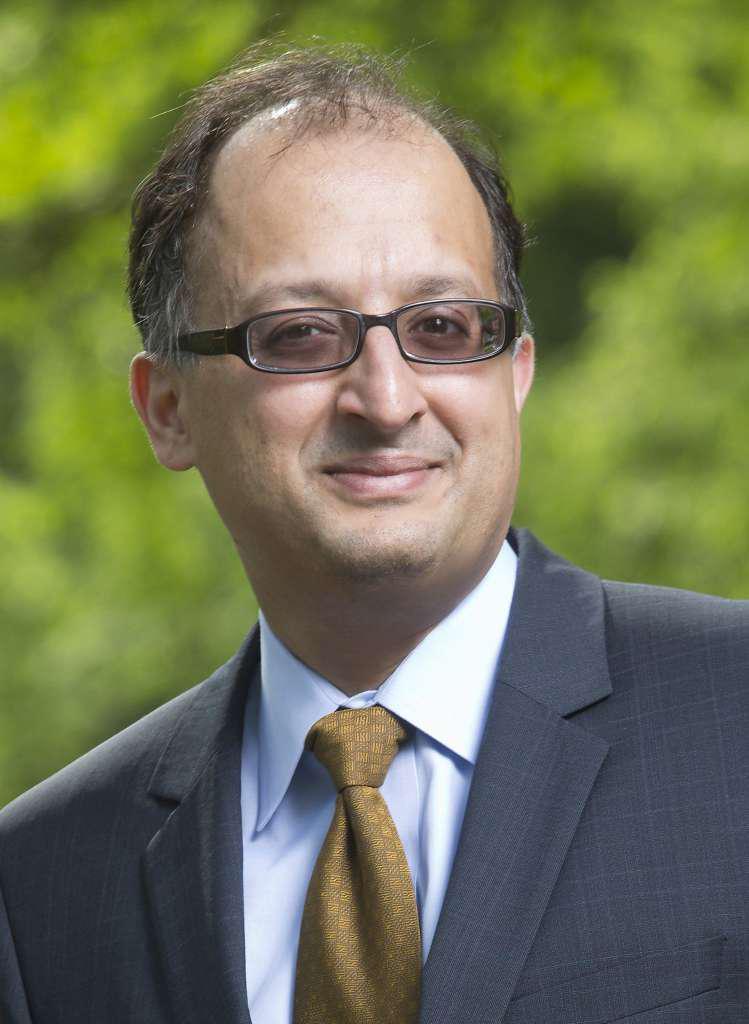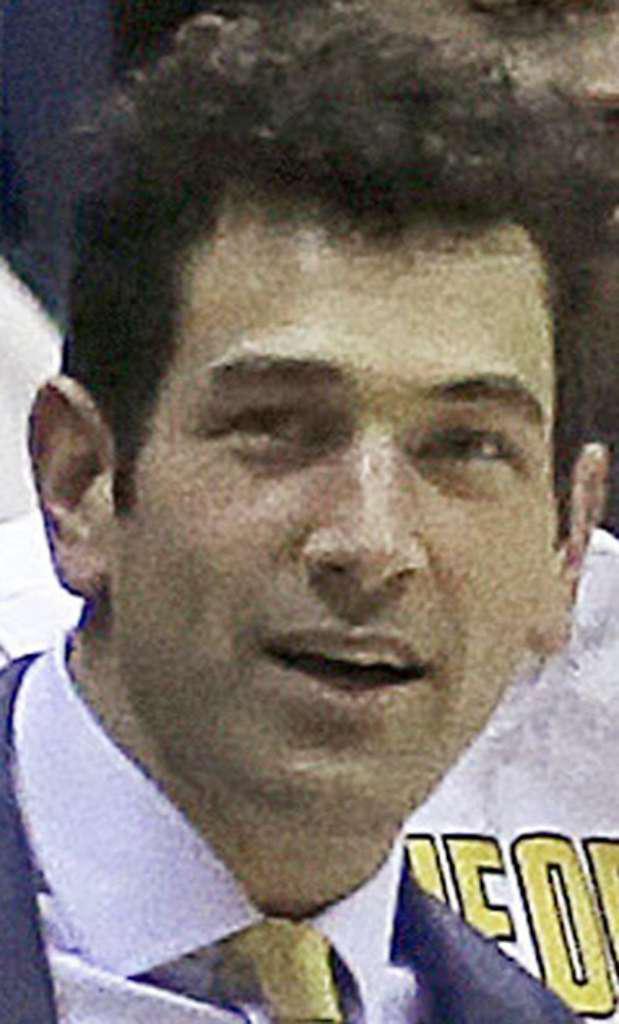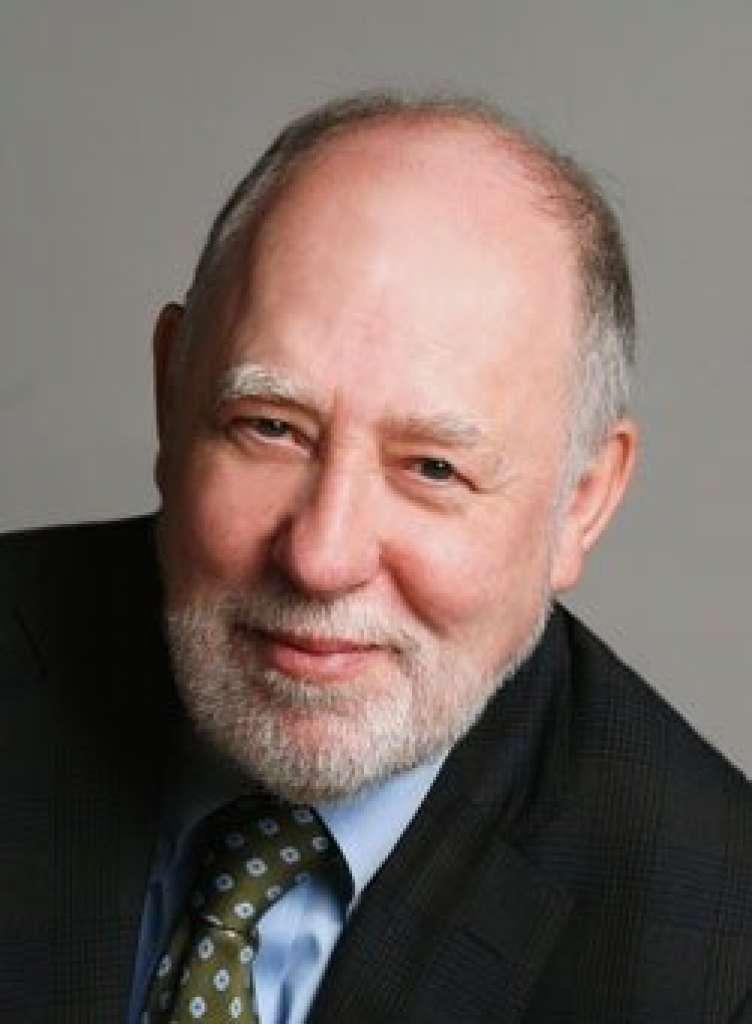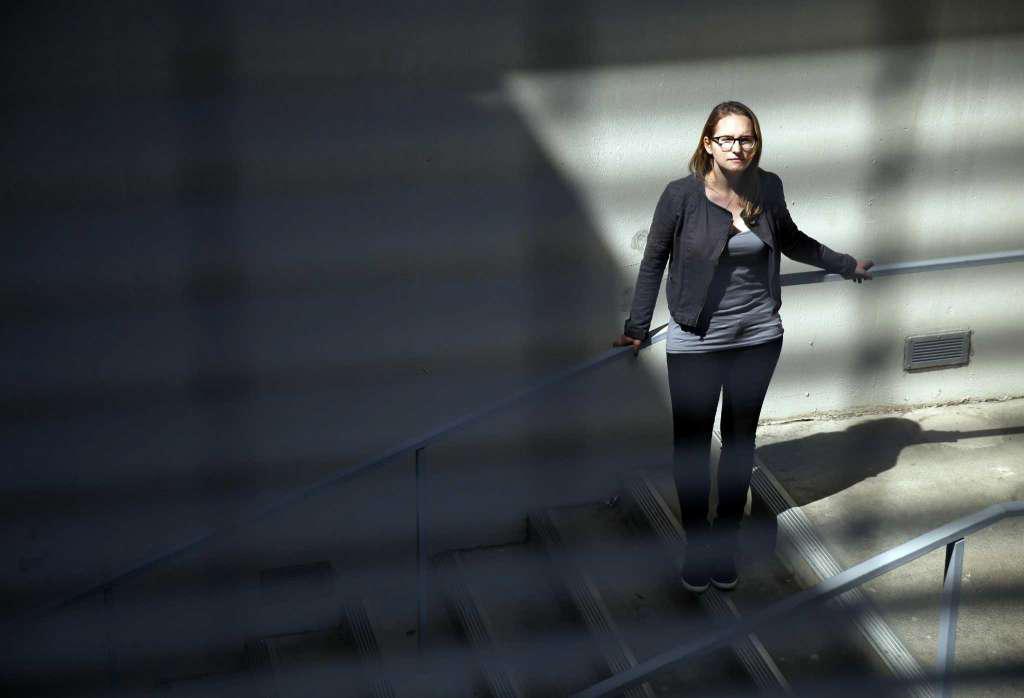|
UC Berkeley suspends professor after ‘pattern of sexual harassment’
By Cynthia Dizikes And Nanette Asimov
[with video] UC Berkeley has suspended a renowned architecture professor for three years without pay for sexually harassing a graduate student and abusing his power for personal gain, The Chronicle has learned. Professor Nezar AlSayyad “engaged in a pattern of sexual harassment that created a hostile environment,” Vice Provost Benjamin Hermalin wrote last week to Eva Hagberg Fisher, a UC Berkeley graduate student and doctoral candidate. AlSayyad, who was one of Hagberg Fisher’s advisers, also attempted to isolate her from other faculty members and establish himself as her most important supporter, “thereby using his power for personal gain,” Hermalin wrote, noting that campus Chancellor Carol Christ reviewed “voluminous evidence” and concluded the violations were serious. Through his attorney, AlSayyad denied engaging in any misconduct. The discipline comes nearly two years after a campus investigation found that AlSayyad had spent months ingratiating himself with Hagberg Fisher before placing his hand on her upper thigh, proposing they become “close friends” and suggesting they go to Las Vegas. The investigator concluded AlSayyad’s behavior became increasingly personal from 2012 to 2014, as he sought to position himself as Hagberg Fisher’s protector and make her beholden to him while he served on her all-important exam committee that would determine if she was qualified to write a doctoral dissertation. His ongoing manipulation, according to the investigation, intimidated and isolated Hagberg Fisher. He told her that other faculty members were skeptical of her ability as a scholar and that he would protect her from “two vultures” in the architecture department who had targeted her, the investigation found. Hagberg Fisher said AlSayyad’s comments and behavior caused her to change departments and the course of her career. AlSayyad is an internationally recognized scholar and speaker who has taught at UC Berkeley since 1985. He was barred from teaching courses in 2016, when The Chronicle broke the story of the harassment findings. Within days, students demanded his removal. But AlSayyad, 62, continued collecting his $211,000-a-year salary, serving on academic committees and advising students. In November, he faced a hearing in the faculty senate, which deliberated four months before recommending that Christ suspend him for one year because of the sexual harassment. The chancellor tripled the suspension after determining that the tenured professor also abused his faculty powers. Effective immediately, AlSayyad is barred from nonpublic areas of the campus and may no longer supervise new graduate students, participate in faculty governance or engage in other specific activities. “Chancellor Christ determined that Professor AlSayyad’s pattern of unwelcome, manipulative, and divisive behavior was harmful to students, including you specifically, and to his faculty colleagues,” Hermalin wrote to Hagberg Fisher on Aug. 13. Hagberg Fisher said Friday that her goal wasn’t to get AlSayyad fired, which, as a tenured professor, “is almost impossible,” she said. Nevertheless, “in the world of academia, suspension for three years without pay is substantial.” Hermalin thanked her for “extraordinary patience.” But Hagberg Fisher, 36, said she hasn’t been patient at all. She called it “unconscionable” that it took UC Berkeley two years to hold AlSayyad accountable for his behavior. She said the university should have disciplined AlSayyad years ago. The Chronicle’s 2016 investigation into Hagberg Fisher’s case found that complaints about AlSayyad’s behavior spanned decades. In the early 1990s, a student tearfully reported that the professor “slept with me,” Cassandra Adams, then an assistant professor of architecture, told The Chronicle. Jean-Pierre Protzen, the former chairman of the architecture department, recalled that colleagues decided at the time that “we should really tell (AlSayyad) to stop,” and removed him from the student’s thesis committee “for the good of the student.” AlSayyad has denied that he had sex with the student, and previously said he didn’t know she had made that claim against him. In 2008, another former professor complained about AlSayyad’s conduct, including that he “consistently bullied” students and junior colleagues and threatened to ruin the careers of doctoral students who complained about his behavior. In response, AlSayyad hired lawyer Dan Siegel, who wrote the professor a letter calling the allegations “libelous” and “defamatory.” Fearing a lawsuit, the professor spoke up no more. Siegel still represents AlSayyad. On Friday, he said the faculty senate had found no pattern of abusive behavior by AlSayyad. “We’re very actively considering a legal challenge to the (discipline) decision,” Siegel said, adding that AlSayyad believes the chancellor was wrong to reject the faculty senate’s recommendation of a one-year suspension. “She did not attend the hearing or hear the witnesses, or have the ability to make any judgment about their credibility,” Siegel said, noting that “roughly 40 of (AlSayyad’s) female mentees, in person or in writing, spoke powerfully about him as a mentor and never saw him engage in anything remotely smacking of misconduct or sexual harassment.” Such faculty senate hearings are confidential. Without addressing the particulars of this case, Christ’s spokeswoman, Janet Gilmore, said the chancellor “reviews all evidence” and that by policy, “she is the final decision maker.” In the five months between receiving the faculty senate verdict and now, AlSayyad and the university discussed a settlement in which he might have retired. But those talks collapsed, Siegel said. AlSayyad’s case comes during increased scrutiny of sexual harassment across the country, and underscores the difficulties of addressing the problem in academia. While the rich and powerful in other spheres have quickly been felled by the #MeToo movement, universities have a more deliberative process guided by tenure. Tenure safeguards professors from being disciplined for exercising academic freedom — being provocative or political — but it also slows down the punishment process for wrongdoing. As Hagberg Fisher learned, that process can take years. “I was extremely distressed by how long (the AlSayyad case) took,” she said. “Every delay measurably impacted my ability to focus on my work.” More than a year passed before the disciplinary process reached the faculty senate. As the deliberations continued, a group of 75 UC Berkeley architecture students, alumni and supporters in February protested AlSayyad’s continued role as a committee member and an adviser on campus, arguing that it had put their academic careers in limbo. Students “have been in the dark about AlSayyad’s status, perpetuating a culture of ambiguity and professional uncertainty,” said the petition, which criticized the secrecy of the university’s disciplinary process. Brooke Staton, a graduate student in 2016 who protested back then, said she was glad there has been some accountability. But she said the decision not to fire AlSayyad “shows that the university is still more concerned with protecting its reputation than doing what needs to be done.” Hagberg Fisher agreed in December not to sue UC in exchange for an $80,000 settlement. She said the discipline decision will help her move forward with her degree and that she hopes others will see that her complaint was taken seriously. “My hope is that other students who were in similar positions … will feel less hopeless and demoralized about speaking up,” Hagberg Fisher said. Contact: cdizikes@sfchronicle.com
|
.
Any original material on these pages is copyright © BishopAccountability.org 2004. Reproduce freely with attribution.
